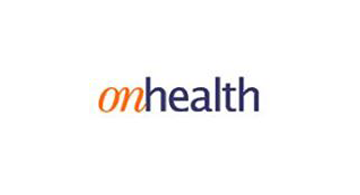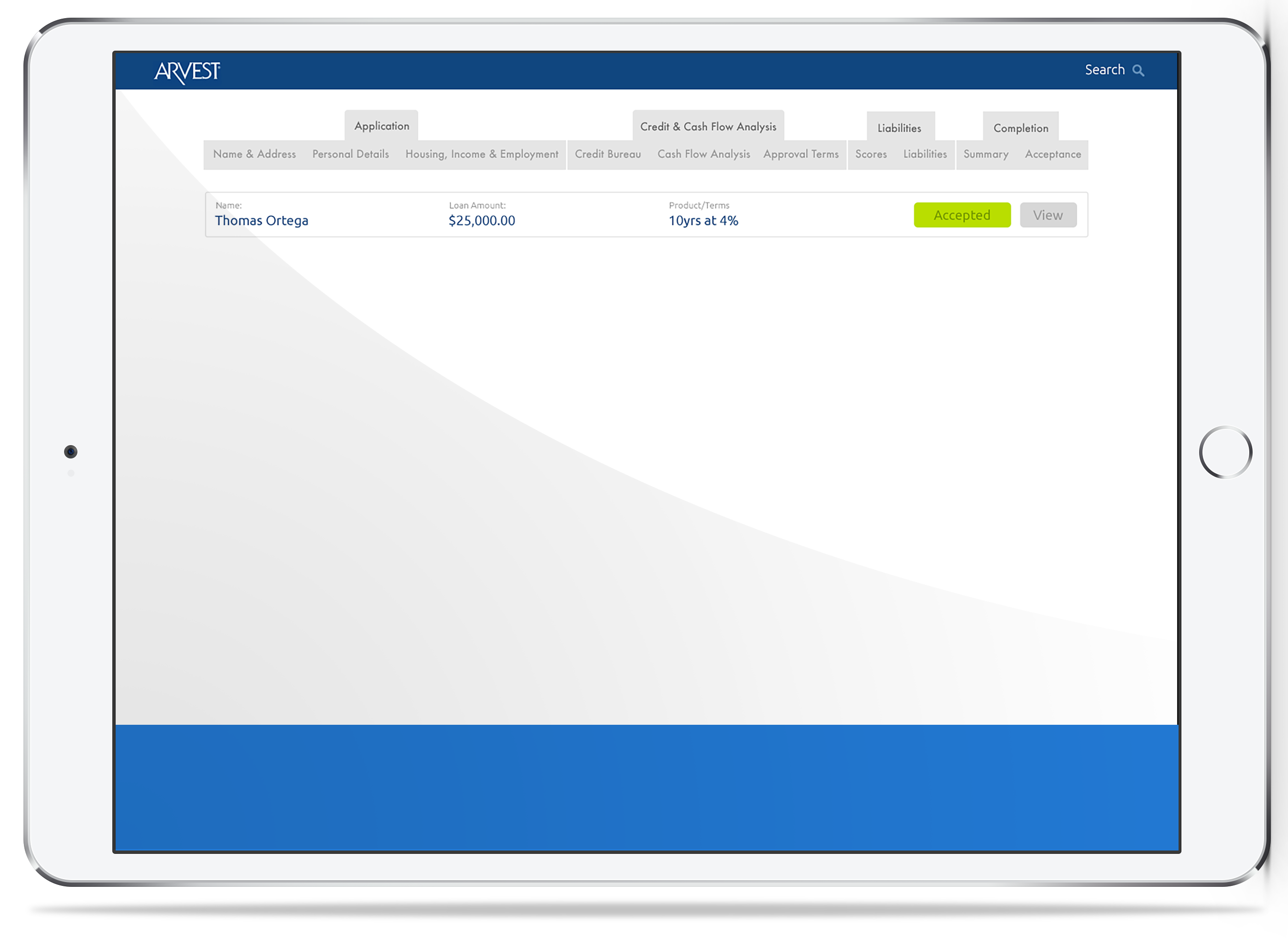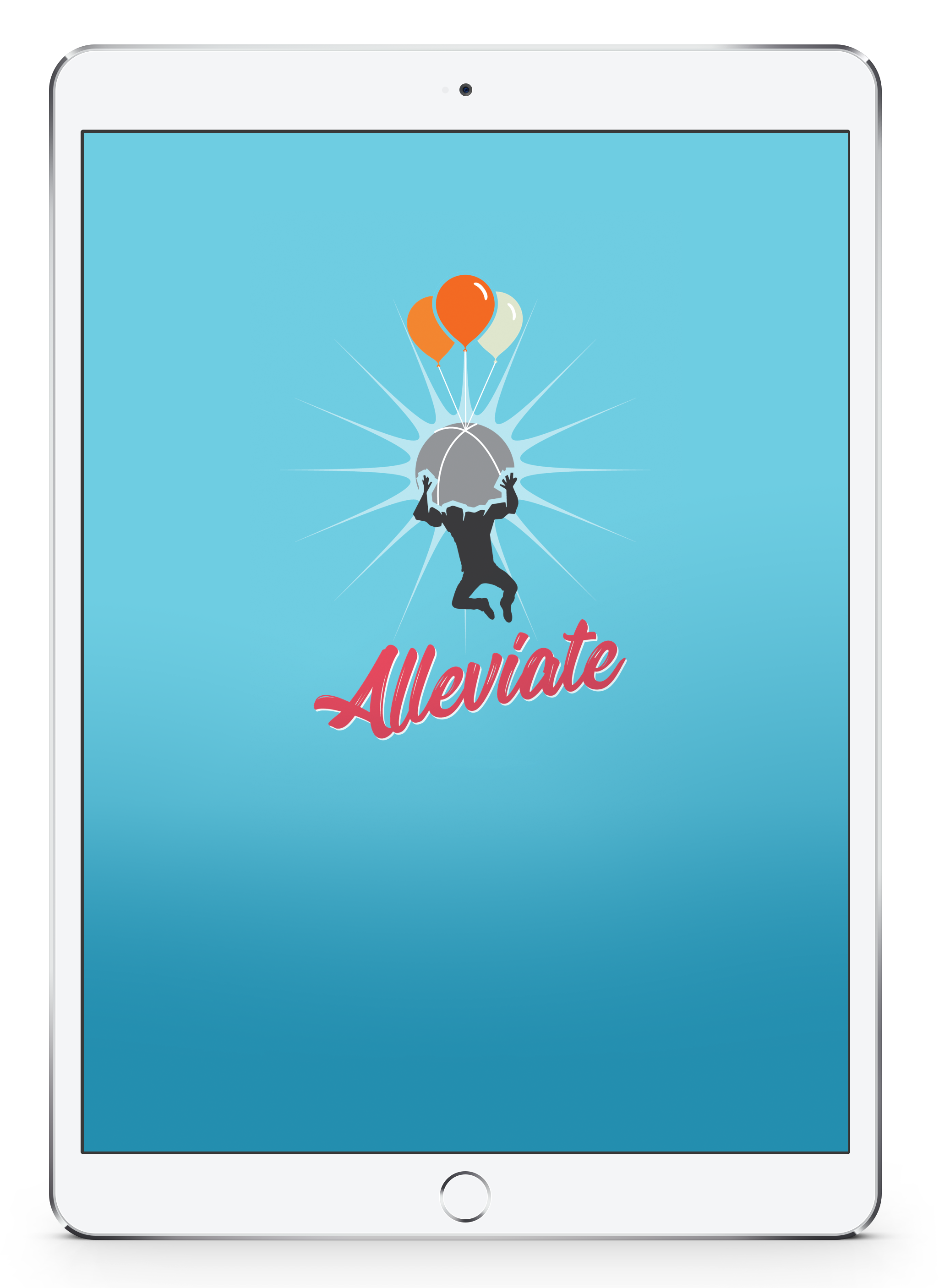Ah yes, OnHealth. This was my foray into the .com lifestyle. My primary role here was not in software development, but rather on the hardware side of the house. I remember being interviewed by the head tech manager, “So let me get this straight, you’ve never worked with hardware or building networks, but that’s what I should hire you for?” My non-sarcastic response was, “Yeah, pretty much, because despite that, I’ll do a great job.” He had his doubts, but the team over ruled him and my results proved me right.
Here’s something I’ve realized over the years: I’m a problem solver, regardless the form of the problem. When Myst came out, I literally played it 36 hours straight and finished it. I love to solve problems. To me, learning how to solve hardware stuff was just a new type of problem to solve. Sure, I made a few mistakes, but I helped more than I hindered. Based on other consultants that were hired later that were supposed experts, I did really well.
I didn’t really come into my own though until I took over desktop support. See, originally, I was hired to do the graveyard shift of network monitoring. I’d start at 2 or 3 am then wrap up by 10 or 11 am. (Incidentally, this lead to a strange habit of mine I still wake up early quite often. In fact, it’s 3 am at the time of this writing.) Since all my friends were still working, I found myself hanging around the office. To make myself useful and to earn some more money, I started taking on desktop support. This changed everything.
We, the hardware guys, were so busy building out servers and expanding the network to keep the website up, that there was no time to see why a printer was no longer printing or why MS Word would no longer open up on a user’s machine. Now, I don’t want to sound like I did all the hard work. My coworkers were the smart network guys, I was just playing a support role. However, in the desktop support, I was a bit freer and thus more comfortable. As one other techie teammate later noted, “Prior to you taking over desktop support, the hardware team was a hated organization. After you stepped up, everyone suddenly seemed to love us. That’s what you brought to OnHealth.”
It’s something that has stuck with me, more so because that’s my personality more than anything. When you treat people with kindness and respect, it’s usually returned. I also learned an important lesson about separating work life from personal life. I had a falling out with one of the software managers. On my last day, I went up to him and said, “Hey, just because we fought for our respective teams, at times with harsh words and raised voices, doesn’t mean I hate you or despise you. In fact, I probably respect you more because you fought what you believe in.” He smiled at me and we shook hands. “Thanks, that means a lot to me that you took the time to say that.” That was the last thing he said to me. I later found out he lost a battle with cancer a few years after and passed on. I felt bad for him and his family, but felt good that we had parted on such good terms.
OnHealth was great fun. I still have great friends from those days. In hindsight, it’s one of those things were you look back and say, “I can’t believe I got paid to make friends and unforgettable memories.” But I did and thus I’ll always have a special place in my heart for my consulting stint at OnHealth.


